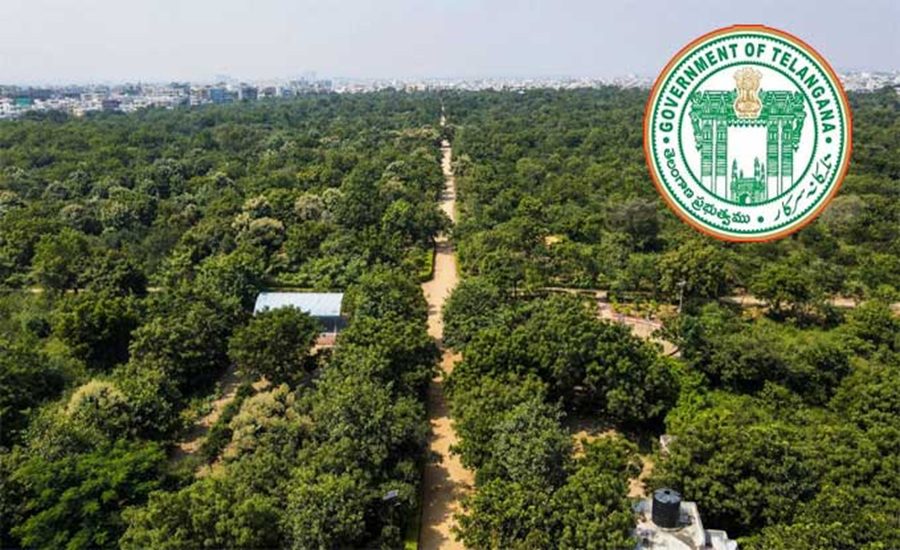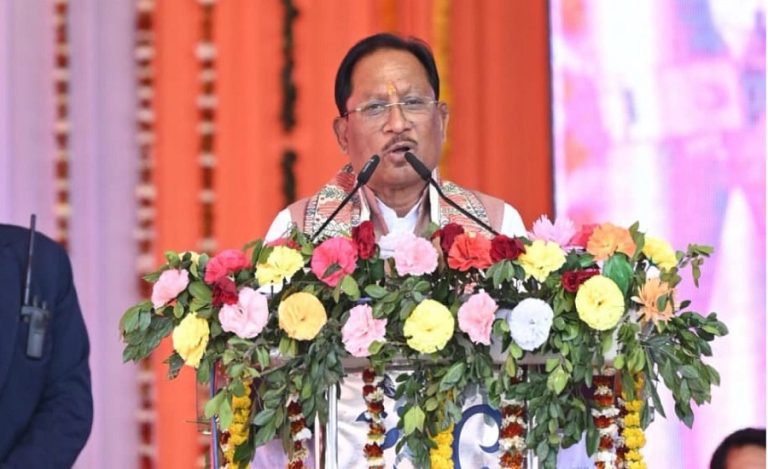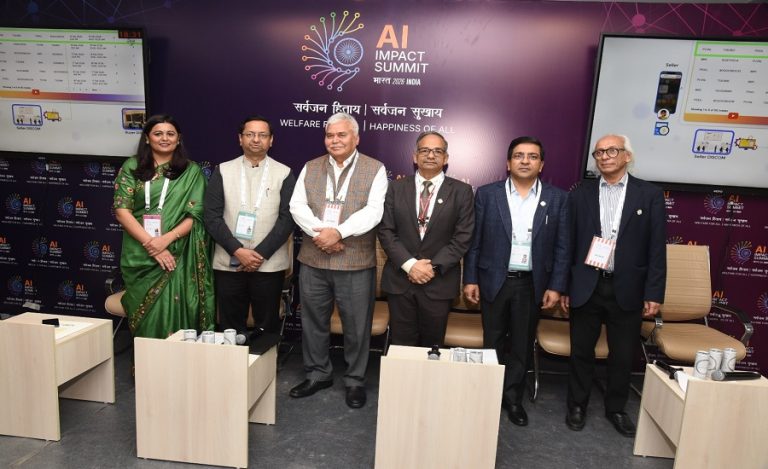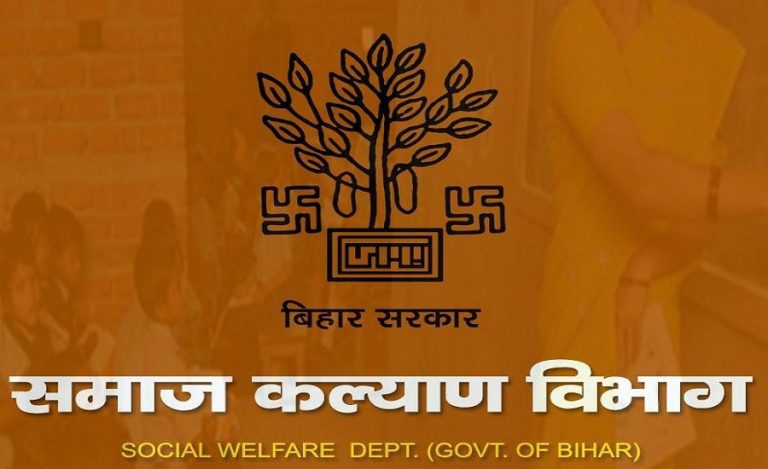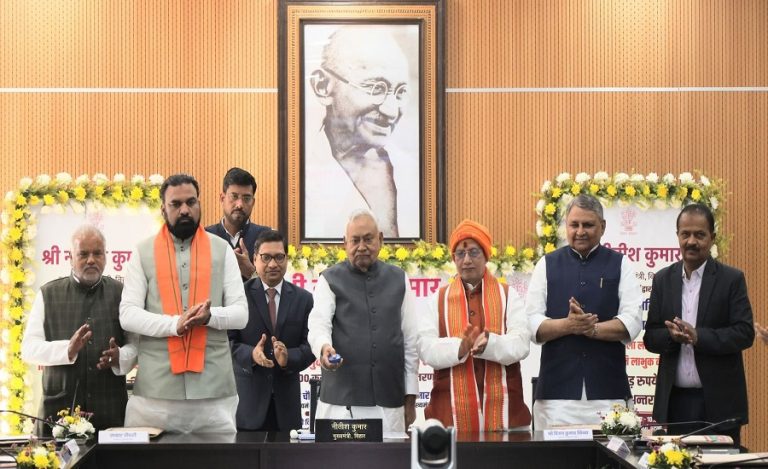Adilabad: In a bid to curb forest encroachment and provide sustainable livelihoods for tribal communities, the Telangana government has launched an initiative to encourage bamboo cultivation on ROFR patta lands and podu cultivation areas. The move is aimed at reducing dependence on traditional podu farming while enhancing green cover and promoting bamboo-based livelihoods similar to successful models in the Northeastern states.
Bamboo as Livelihood and Conservation Tool
The state forest department is in the process of identifying suitable podu and ROFR lands and seeking the consent of cultivators to establish bamboo plantations. Forest officials believe the initiative will not only support afforestation but also generate new income streams for Adivasis.
To encourage participation, the government will provide free bamboo seeds and offer training in bamboo craftsmanship, enabling tribals to create products such as lamps, pen stands, key holders, vases, and home décor items. Marketing support will also be extended to ensure that these products reach wider consumer bases. With demand for eco-friendly bamboo items on the rise, officials see this as an opportunity to combine forest conservation with rural entrepreneurship.
Value Addition for Higher Returns
Anagandula Venkatesh of the Hyderabad Tiger Conservation Society highlighted that traditional bamboo mats fetch only about ₹400 for two days of labour and require 16 full-sized bamboo poles. Decorative and value-added items, however, require smaller raw material but can command higher prices, increasing earnings for Adivasi artisans.
Many tribal families, particularly the Kolams, a Particularly Vulnerable Tribal Group (PVTG), and the Naikpods, who have historically relied on bamboo basket and mat-making, have seen their traditional livelihoods vanish due to deforestation. By promoting bamboo plantations and product diversification, the government seeks to revive these skills while improving incomes.
Rights and Reassurances to Podu Farmers
Forest officials in Adilabad have assured cultivators that they will retain ownership rights over bamboo once plantations reach harvest stage. Similar offers have been made to Naikpod communities in Lingapur and Dammannapet of Jannaram mandal, who are reportedly cultivating podu lands near Dandepalli in Mancherial district.
The initiative, officials believe, can balance livelihood security with ecological restoration, providing a long-term solution to forest encroachment while empowering tribal communities with sustainable income opportunities.
Also Read: Tamil Nadu Forest Department Rolls Out HAWK, a Digital Platform for Wildlife Crime Monitoring

